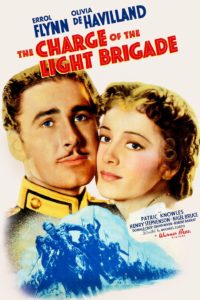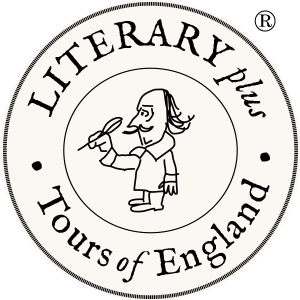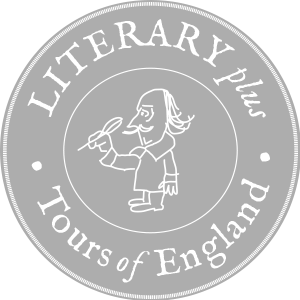21 Aug Alfred, Lord Tennyson
 Alfred, Lord Tennyson (1809-92) is generally regarded as the greatest of the Victorian poets. He remains popular for works such as The Lady of Shalott (1832, 1842), In Memoriam (1849) and The Charge of the Light Brigade (1834), which was the partial inspiration for the 1936 movie of the same name starring Errol Flynn and Olivia de Havilland. Outstanding among his later works is Idylls of the King (1859-85), a cycle of twelve narrative poems telling the story of King Arthur and the Knights of the Round Table.
Alfred, Lord Tennyson (1809-92) is generally regarded as the greatest of the Victorian poets. He remains popular for works such as The Lady of Shalott (1832, 1842), In Memoriam (1849) and The Charge of the Light Brigade (1834), which was the partial inspiration for the 1936 movie of the same name starring Errol Flynn and Olivia de Havilland. Outstanding among his later works is Idylls of the King (1859-85), a cycle of twelve narrative poems telling the story of King Arthur and the Knights of the Round Table.
Tennyson’s grave is in Poets’ Corner in Westminster Abbey. On the Isle of Wight, where he lived from 1853 to 1869, the National Trust looks after Tennyson Down and the Tennyson Monument. There’s a statue in the chapel of Trinity College, Cambridge, where he was a student. Tennyson was born in Somersby, Lincolnshire (25 miles east of the historic city of Lincoln and 140 miles north of London) and there’s a statue in the grounds of Lincoln Cathedral. He is also commemorated by the Tennyson Room in the city’s Usher Gallery.



